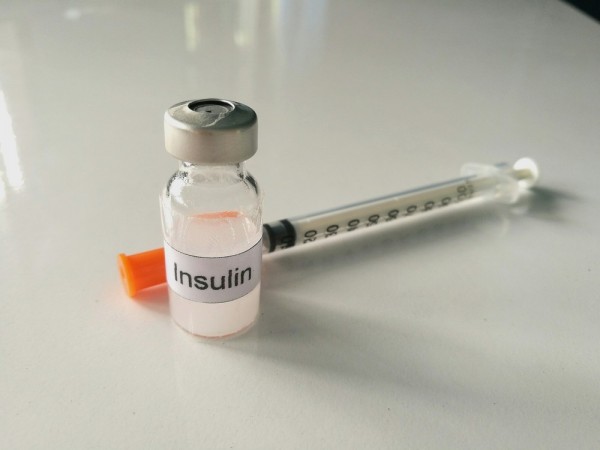Risk Elements For Diabetes
Diabetes is a chronic illness brought on by the body's improper utilization of blood sugar (glucose). Although the precise etiology of this dysfunction is unknown, environmental and genetic factors may contribute. Obesity and high cholesterol are risk factors for diabetes. Below, a few particular causes are covered.
Insulin. For more info and for asking queries about diabetics check diabetic blogs
Insufficient Insulin Production
Type 1 diabetes is primarily brought on by this. It happens when cells that produce insulin are killed or damaged and stop producing insulin. The body needs insulin to transport blood sugar into all of its cells. Because of the ensuing insulin shortage, there is too much sugar in the blood and insufficient sugar for the cells to use as fuel.
Insulin Sensitivity
Type 2 diabetes is only affected by this. It happens when the pancreas produces insulin normally but the body is still unable to transport glucose into the cells for sustenance. The pancreas will first produce more insulin to get around the body's resistance. The cells eventually "wear out." At that time, the body slows the manufacturing of insulin, resulting in an excess of glucose in the blood. It's called prediabetes. Prediabetes is characterized by blood sugar levels that are higher than average but not high enough to be classified as diabetes. As there are no obvious symptoms, the person could not be aware unless checked. As insulin production keeps declining and resistance rises, type 2 diabetes develops.
Genetics And Ancestry
Your risk of developing any kind of diabetes is influenced by your genetics. The contribution of genetics to the onset of diabetes is not entirely understood by researchers. The American Diabetes Association reports that studies demonstrate that having a parent or sibling with diabetes increases your risk of getting it yourself.
Despite the lack of clear evidence, several ethnic groups appear to have higher diabetes rates. It applies to:
African-Americans
American Indians
Asians
Caribbean Islanders
Latino Americans
Hemochromatosis and other genetic diseases like cystic fibrosis can both harm the pancreas, increasing the risk of diabetes.

Diabetes that is monogenic is caused by a single gene mutation. Only 1 to 5% of all instances of diabetes in young individuals are caused by monogenic variants of the disease, which are extremely uncommon.
Pregnancy Diabetes
Gestational diabetes can occur in a tiny percentage of pregnant women. It is believed that hormones produced by the placenta obstruct the body's reaction to insulin. High blood glucose levels and insulin resistance are the results of this.
Pregnant women who develop gestational diabetes are more likely to go on to develop type 2 diabetes in the future. Women who deliver a baby that weighs more than 9 pounds are also at higher risk, according to the Centers for Disease Control and Prevention (CDC)Trusted Source.
Age
Your chance of acquiring type 2 diabetes rises with age, according to the National Institute of Diabetes and Digestive and Kidney Diseases (NIDDK). Particularly after the age of 45, your risk increases. However, type 2 diabetes is becoming far more common in children, teenagers, and younger adults. Age-related weight gain and decreasing muscular mass are likely contributing causes. By the age of 30, type 1 diabetes is typically diagnosed.
Obesity
Insulin resistance can be a result of excess body fat. Inflammation brought on by fatty tissue may result in insulin resistance. However, many obese persons do not go on to develop diabetes, and further study is required to determine how obesity and diabetes are related.
Bad Diet
Type 2 diabetes may be influenced by poor nutrition. Your body becomes more resistant to insulin if you consume a lot of calories, fat, and cholesterol.
inadequate exercise
Muscle tissue responds to insulin better after exercise. For this reason, frequent aerobic exercise and resistance training can reduce your chance of developing diabetes. Consult your doctor about a safe fitness program for you.
Hormonal Disorders
Even though they are uncommon, some hormonal disorders can cause diabetes. Sometimes, the following situations can lead to insulin resistance:
Cortisol, the stress hormone, is produced in excessive amounts in the blood when you have Cushing's disease. This increases blood sugar levels and enhances the risk of diabetes.
Acromegaly is brought on by the body producing too much growth hormone. If left untreated, this might result in uncontrollable weight gain and diabetes.
Hyperthyroidism: When the thyroid gland generates too much thyroid hormone, hyperthyroidism results. One of the potential side effects of this illness is diabetes.